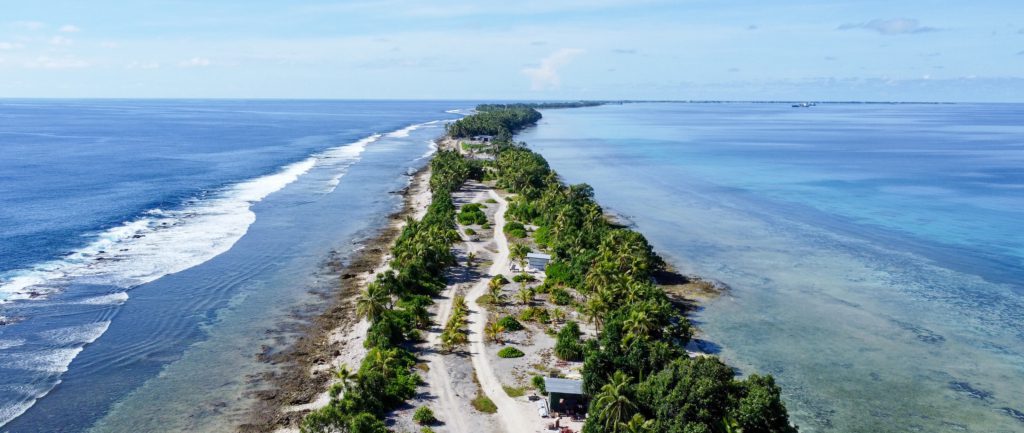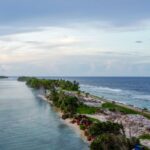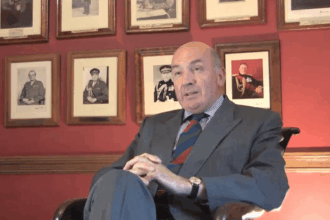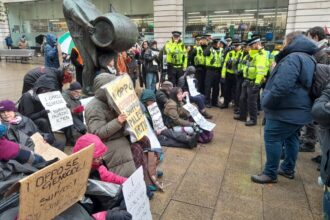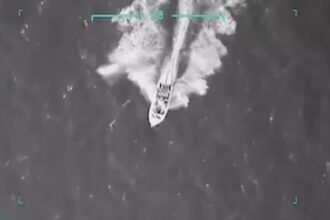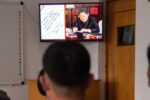Alieta, 55, is a teacher and mother from Tuvalu with a visual impairment. In 2016, she was left with no choice but to remove her name from her family’s PAC visa application to enable her husband and six-year-old daughter to go to Aotearoa New Zealand. She has never been able to visit her daughter in Aotearoa New Zealand after all her visitor visa applications got rejected.
“In 2015 we applied for the PAC visa and in 2016 my husband left with our daughter. We went to Fiji, but I got stuck there waiting. I stayed there to try and re-apply for my own visa. The first time, with the PAC application, I was not accepted because of my disability. I have low visibility; I can only see short distances.
The first form [registration to the ballot] does not mention disabilities. It is only at the second stage that the forms say that people with disability cannot apply. I was sad during the application process. I would not have applied for the family to go in the first place if I had known that they would not accept people with disability. I did not want our family to be separated.
I have a disability, but I wanted my daughter to be proud of me. I was thinking if I went to New Zealand, I would try my best to find a good job there, so that she would be proud of me, of what I would be doing for her.
When the high tide came, the whole road and the house flooded
I wanted [my husband] to have a good job for schooling our daughter and I think of climate change here. I am scared of climate change.
Climate change and people with disabilities… It’s very difficult for us. I was staying in a place very near to the sea, between the ocean and the lagoon. When the high tide came, the whole road and the house flooded. The rain came into the house. In these situations, it is difficult for us as people with disabilities to move around, but [staying in] the house is not safe either. During bad weather, we just stay inside… that’s why I want to move away from the sea.
I was trying to be strong for my daughter
When my daughter said goodbye, at boarding time, she was crying and said: ‘Oh mum, I don’t want to go, I want you to come!’ I was trying to be strong for my daughter, I wanted my daughter to go so to give her an education. I wanted a good life for her future. [As a teacher], I had followed early childhood education courses, so I knew how hard it would be for my child. I was not showing her how weak I was feeling.
After they left in 2015, I met them only once, in Fiji, in 2017 for a one-month visit. I call my daughter and talk to her, but since then, we never met again. I speak to my daughter, but my husband has blocked me… The first time, with the PAC application, I could not go. I went to the people’s lawyer here in Tuvalu, and he said to reapply again for a visa. I applied for a visitor visa from Fiji in 2017 and was still rejected. I applied 2-3 times, and it was always declined. I paid AU$200-300 for each application.
In the beginning I was not angry at New Zealand. I kept on asking for a visa… But I am sad for my daughter. I didn’t want to be separated from my daughter. It is hard on children.”
